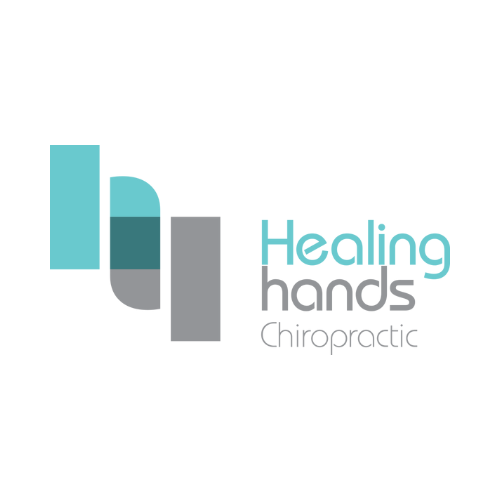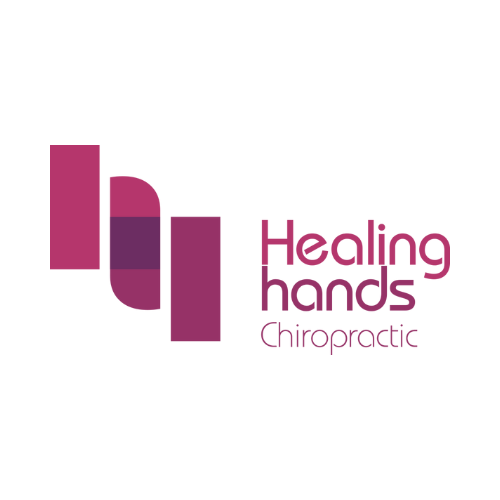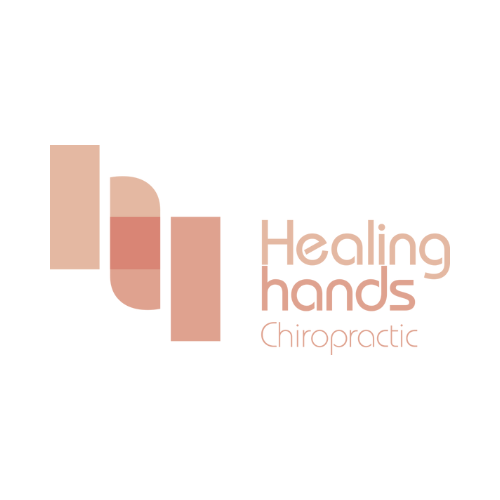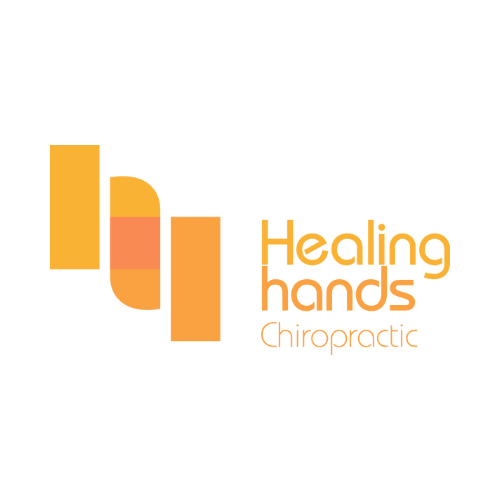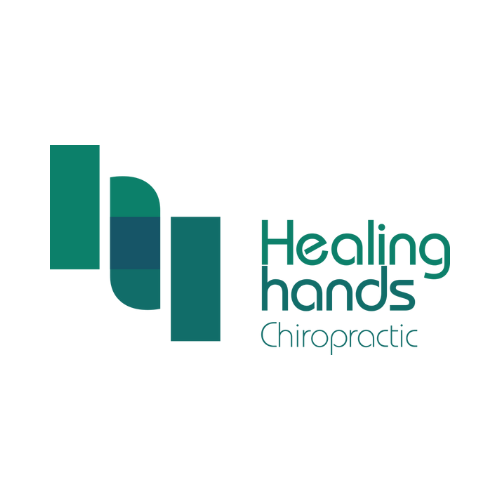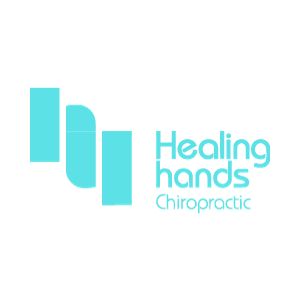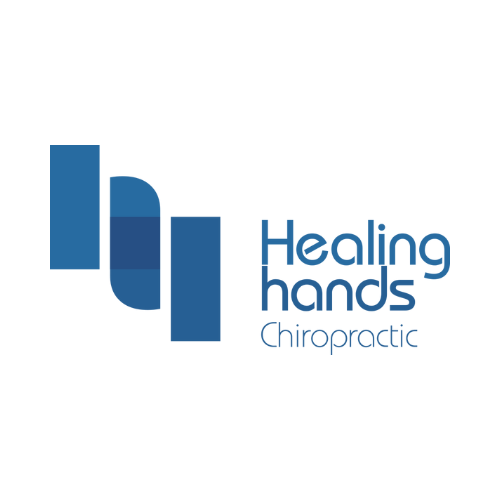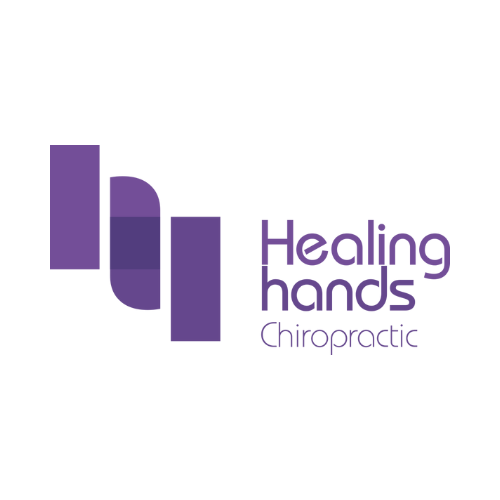Constant Stress
What is stress?
Stress refers to a physiological and psychological response that occurs when individuals perceive a threat or demand placed upon them, known as a stressor. It is a natural reaction designed to help us cope with challenging situations.
When faced with a stressor, the body activates its stress response system, commonly known as the “fight-or-flight” response. This response involves the release of stress hormones, such as adrenaline and cortisol, which prepare the body for action. It can lead to physical changes like increased heart rate, elevated blood pressure, rapid breathing, heightened alertness, and tense muscles.
What are the types of stress?
Acute Stress | Chronic Stress | |
Examples | Public speaking, job interviews, sudden emergencies | Ongoing work pressures, financial difficulties, relationship strains |
Duration | Short-term stress that occurs in response to immediate situations | Prolonged symptoms that may persist for weeks, months, or longer |
Onset | Occurs suddenly, triggered by specific events or situations | Develops gradually, often as a result of persistent stressors |
Health Impact | Generally, temporary and may not cause significant health issues | Can lead to serious health problems over time |
Coping Strategies | Focuses on immediate stress relief and relaxation techniques | Requires long-term stress management and lifestyle changes |
Psychological Impact | May cause temporary feelings of anxiety or tension | Associated with anxiety, depression, burnout, and emotional exhaustion |
Physical Impact | Temporary changes like increased heart rate and elevated blood pressure | Can contribute to chronic conditions like hypertension, heart disease, and weakened immune system |
Treatment | Often self-resolves once the stressor is addressed or removed | May require professional intervention and therapy |
What are the symptoms of stress?
Stress can manifest in various ways, and individuals may experience different symptoms. Here are some common physical, emotional, cognitive, and behavioral symptoms associated with stress:
Physical Symptoms of Stress:
| Emotional Symptoms of Stress:
|
Cognitive Symptoms of Stress:
| Behavioral Symptoms of Stress:
|
What are the complications from stress?
Prolonged or chronic stress can have various complications and adverse effects on both physical and mental health. Here are some common complications associated with stress:
Mental health disorders: Increased risk of anxiety, depression, PTSD, and substance abuse.
Cardiovascular problems: Higher risk of high blood pressure, heart disease, heart attacks, and strokes.
Weakened immune system: Greater susceptibility to infections and slower recovery.
Digestive disorders: Disruption of the digestive system, leading to conditions like IBS and ulcers.
Sleep disturbances: Difficulty sleeping, resulting in fatigue and impaired functioning.
Impaired cognitive function: Negative impact on memory, attention, and decision-making.
Weight fluctuations: Potential for weight gain or loss due to stress-related eating habits.
Chronic pain: Exacerbation of conditions like migraines, headaches, and muscle tension.
Skin problems: Worsening of acne, psoriasis, eczema, and delayed wound healing.
Impaired reproductive health: Disruption of menstrual cycles, fertility issues, and decreased sexual desire.
Psychological effects: Irritability, mood swings, feelings of overwhelm, and decreased quality of life.
It’s essential to address and manage stress to prevent these complications. If you find that stress is becoming overwhelming or affecting your daily life, consider seeking support from a healthcare professional, therapist, or counselor who can provide guidance and help you develop effective coping strategies.
The common causes of stress:
Stress can arise from various sources, and what causes stress can vary from person to person. Here are some common causes of stress that many individuals may experience:
Work-related stress: High workloads, long hours, deadlines, demanding responsibilities, conflicts with colleagues, or job insecurity.
Personal relationships: Difficulties in personal relationships, such as conflicts with a partner, family problems, or social isolation.
Financial pressures: Financial problems, such as debt, unemployment, or struggling to make ends meet.
Major life changes: Significant life events or transitions, such as moving, getting married, starting a new job, or experiencing the loss of a loved one.
Academic stress: Students may experience stress due to academic pressures, including exams, assignments, competition, and the need to meet high expectations.
Health concerns: Dealing with a chronic illness, managing a serious health condition, or caring for a sick family member.
Time pressures: Feeling overwhelmed by a lack of time to accomplish tasks, meet deadlines, or balance multiple responsibilities.
Environmental stressors: Factors such as noise pollution, overcrowding, traffic congestion, or living in an unsafe neighborhood.
Technology overload: Constant exposure to information overload, excessive screen time, and the pressures of staying connected in a digital world.
Personal expectations: Setting excessively high expectations for oneself, striving for perfectionism, and constantly seeking approval or validation from others.
Do i need to see a doctor for stress? When should I see a doctor?
Whether or not you need to see a doctor for stress depends on the severity and impact of your symptoms. In many cases, mild to moderate stress can be effectively managed with self-care strategies and stress management techniques. However, it’s important to seek medical attention or consult with a healthcare professional if:
Your symptoms are significantly impacting your daily life, relationships, or work performance.
You experience persistent or chronic stress that doesn’t improve with self-help approaches.
You develop new or worsening physical symptoms as a result of stress.
You have thoughts of self-harm or suicide.
You’re experiencing severe anxiety, panic attacks, or depression symptoms.
You’re unable to cope with stress or find relief from your symptoms.
Your stress is accompanied by other medical conditions that require attention.
Remember, seeking professional help is a proactive step toward managing your well-being, and healthcare providers are there to support you in navigating your stress and its impact on your overall health.
What are the treatments for stress?
The treatment for stress typically involves a combination of self-care strategies, lifestyle changes, and, in some cases, professional interventions. Here are some common treatments for stress:
Stress management techniques: Learn and practice relaxation exercises.
Regular exercise: Engage in physical activity to reduce stress.
Healthy lifestyle habits: Get enough sleep, eat well, and limit stimulants.
Time management: Prioritize tasks and set realistic goals.
Social support: Seek help from friends, family, or support groups.
Counseling or therapy: Talk to a professional for guidance and coping strategies.
Medications: In severe cases, medications may be prescribed.
Chiropractic care: Consider chiropractic treatments to address physical manifestations of stress and promote overall well-being.
Is chiropractic treatment good for stress? Should i see a chiropractor?
Chiropractic care primarily focuses on the alignment and function of the spine and nervous system. While it may not directly target stress itself, chiropractic care can help manage stress by addressing physical manifestations and promoting overall well-being. Here are some ways chiropractic care may help with stress:
- Spinal Alignment: Chiropractors focus on restoring proper spinal alignment, which some believe may positively influence the nervous system and promote overall body balance.
- Nervous System Function: By improving spinal alignment, it is argued that chiropractic adjustments may help optimize nervous system function, potentially reducing the body’s stress response.
- Pain Reduction: Chiropractic care may help alleviate musculoskeletal pain and discomfort, which can contribute to stress levels.
- Muscle Relaxation: Chiropractic adjustments and therapies such as massage or stretching exercises may help relax tense muscles and promote a sense of relaxation.
- Improved Sleep: By addressing musculoskeletal issues, chiropractic care may improve sleep quality, which in turn can positively impact stress levels.
- Enhanced Body Awareness: Chiropractors often provide guidance on posture, ergonomics, and body mechanics, helping individuals become more aware of their body and potentially reducing stress-related tension.
- Lifestyle Recommendations: Chiropractors may offer lifestyle advice, including exercise, nutrition, and stress management techniques, which can contribute to overall well-being and potentially reduce stress.
- Holistic Approach: Chiropractic care often takes a holistic approach, considering the interplay between physical, mental, and emotional factors. This comprehensive perspective may address underlying causes of stress.
- Relaxation Techniques: Some chiropractic offices offer complementary therapies like relaxation exercises, breathing techniques, or meditation, which may help manage stress.
- Individualized Care: Chiropractors typically provide personalized treatment plans tailored to each individual’s needs, potentially addressing specific areas of concern and promoting a sense of well-being.
It’s important to note that chiropractic care is a complementary approach to managing stress and should be considered as part of a comprehensive stress management plan. It’s recommended to consult with a trusted chiropractor to discuss your specific needs and determine if chiropractic care is a suitable option for you.
Why Choose Us?
Healing Hands Chiropractic has been in the industry for 12 years and has a team of experienced chiropractors dedicated to helping patients with tension relief and management. We are experienced in relieving tensions and are able to help you to manage the pain using holistic and effective means. Healing Hands Chiropractic Singapore is one of the most reviewed and trustable chiropractic clinic. With over 1600+ five star reviews and real before vs after patients photos, you can entrust us with your health!
Get Rid of the pain today
Want To Have a Healthier and Happier life?
Book Your Appointment Today!
What To Expect During Your 1st Visit
Identifying postural imbalances to detect any differences in weight between the right and the left sides of the body, alignment from our head all the way down
to our hips. Tyron thermographic spinal scan helps to measure the muscle temperature around the spine. It detects areas with the greater temperature where muscles are working harder due to poor posture.
1-on-1 consultation with our Chiropractors with a detailed review of your health history.
Our Chiropractor will investigate and educate you on the necessary steps forward in reaching your health goals.
Our Chiropractors will perform a series of range of motion tests to determine your current body condition and an adjustment will be administered if deemed
clinically safe to do so.
Our Chiropractors will use their hands or a small instrument to apply a controlled force to the spinal joints. “Crack” or “Pop” sound may occur as your spine gets manipulated. Do not be alarmed, as the adjustment releases trapped gasses from your joints.
X-Rays will be prescribed so that we can accurately diagnose your condition before prescribing a customized treatment program. It is also for your safety and for us to rule out any possible underlying conditions that cannot be treated by Chiropractic.
The review of your X-rays is complimentary at your following visit if you take up the X-rays with our preferred diagnostic partners.
Frequently Asked Questions
A chiropractor provides non-invasive treatments with the benefits of spinal adjustments and realigning the joints to improve the system and function throughout the body.
In general, chiropractors believe in the ability of the body to self-heal through Chiropractic adjustment with the help of modalities such as the Flexion distraction table, E-stim, Denneroll, and functional exercises. They also utilize various other treatment modalities such as ultrasound, bodywork, etc. to get patients back to health.
We recommend seeing one if you are experiencing any discomfort, pains or aches in your muscles or joints. Check out the list of conditions we treat here.
Most importantly, do not wait until you are experiencing pain or worse, numbness to see a chiropractor. Often, pain is the last thing that shows up but the first to go away after chiropractic treatment.
There is no better time to visit the highest rated chiropractor in Singapore. Book your appointment here.
Chiropractic adjustment should not be painful. However, in some instances when the injury is either acute (happened recently) or sub-acute(on the road to recovery), the muscles and ligaments may prove to be guarded or sensitive to the touch, these are some exceptions.
A thorough examination of your complaints and conditions can alleviate any concerns that you may have.
It is a very safe & accurate thermographic scanner that scans the full spine or segmental parts of the spine in approximately 15 seconds. The Tytron detects areas of asymmetry as well as indicate areas with greater temperature due to acute soft tissue damage.
The Tytron scanner uses precision sensors, speciality lenses and a unique focusing system to give the chiropractor the most accurate and repeatable information available. You will be given a print out of your result on the first visit.
Book your first appointment with us to experience the Healing Hands chiropractic journey.
X-rays are recommended if you want to take care of your condition holistically and to get to the root of the issues. It is also for the patients safety and for us to rule out any possible underlying conditions that cannot be treated by Chiropractic adjustment. Just like your regular health check up, X-rays serve to give you and the chiropractor an insight to your spinal health as our naked eyes can only tell a rough story.
Our Chiropractors will use their hands or a small instrument to apply a controlled force to the spinal joints.
A “Crack” or “Pop” sound may occur as your spine gets manipulated. Do not be alarmed, as the adjustment releases trapped gasses from your joints.
Yes, we have both Male and Female Chiropractors at Healing Hands Chiropractic Singapore.
Our Female Chiropractors are stationed at Healing Hands Ang Mo Kio.and Healing Hands Bedok
All our Chiropractors believe in personalised care supported by time-tested techniques enhanced with the most efficient time frame. All our Chiropractors embody our 3 core values; Care For Patient, Integrity and Attention to Detail.
Yes, neck adjustments are a very safe treatment when performed by chiropractors as they are trained in the correct techniques to manipulate the joints safely. Healing Hands chiropractors also ensure that it is clinically safe enough for the adjustment before they perform it. This is also one of the reason why X-rays are required before more customised treatment can be done to ensure that your body is able to receive it.
The benefits of getting chiropractic treatment helps with reducing pain and increase joint mobility. We’ve written an article all about it here.
There also seems to be a lot of concern about the safety of getting adjusted by a chiropractor. However, when done by a professional chiropractor, spinal manipulation and Chiropractic care are generally considered safe, and effective treatments for acute pain.
Healing Hands Chiropractic Singapore has been treating thousands of patients since 2010 and many have benefited from it.
We hope to tell people more about chiropractic so that more can come to understand and appreciate how chiropractors can help with the various conditions for the people in Singapore.ut chiropractic so that people can understand and appreciate Chiropractic.
According to MOH, there are currently 150 chiropractors in Singapore. Choosing the most effective chiropractor for you may be challenging.
That is why we have written an article about 5 ways to find a good Chiropractor. In short,
1) Know your own health goals.
2) Integrity and confidence of the Chiropractor.
3) Word of mouth or reviews about the Chiropractor.
4) Clinical competency and experience of the Chiropractors.
5) The willingness of the Chiropractor to refer out.

